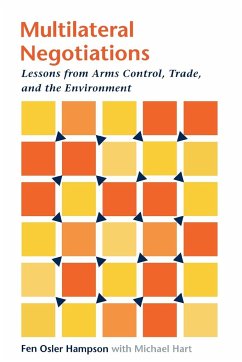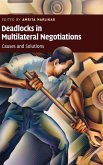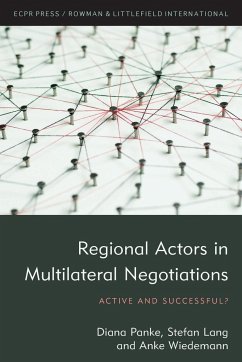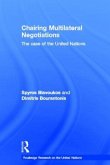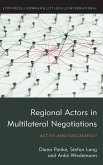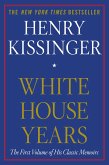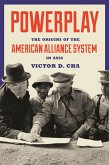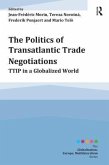Unlike conventional bilateral negotiations, multilateral negotiations are characterized by intensive international discussions that involve multiple actors and interests, highly complex agendas, and differentiated international settings. Political scientist Fen Osler Hampson, with the assistance of trade specialist Michael Hart, studies the component parts of the multilateral negotiation process to identify those factors making for success or failure. The authors argue that multilateral negotiation is, in essence, a coalition-building enterprise involving states, nonstate actors, and international organizations. Individual case studies include discussions on security, the environment, economic issues, and non-governmental actors-such as scientists and environmental groups like Greenpeace International-in prenegotiation and negotiation phases.
Hinweis: Dieser Artikel kann nur an eine deutsche Lieferadresse ausgeliefert werden.
Hinweis: Dieser Artikel kann nur an eine deutsche Lieferadresse ausgeliefert werden.

